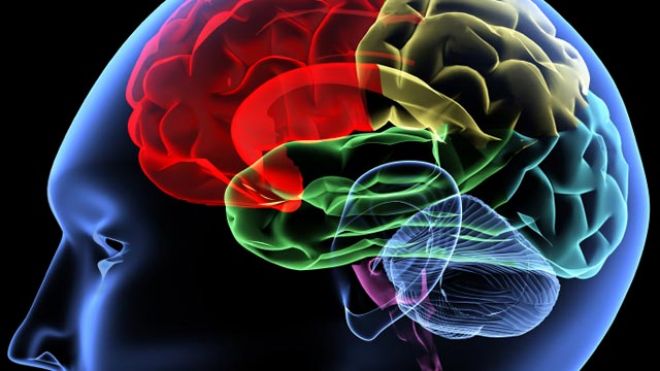8 Natural Ways to Manage Parkinson’s Disease
Parkinson’s disease is a gradually developing disorder of the nervous system. It is characterized by the damage to brain cells that produce dopamine, which help the body move. The symptoms of Parkinson’s include tremors or shaking, rigid muscles, slow movement, speech changes, and impaired balance. There is no cure for Parkinson’s disease but it can be managed through medication, surgery, and natural methods. Here are eight natural aids to help manage the symptoms of Parkinson’s: Chiropractic Vitamin E & Magnesium Magnesium works to protect neurological functions, which may aid in slowing down the progression of Parkinson’s disease. It can also offer support to nerves and muscles, helping improve movement. In order to be effective, a large amount of magnesium intake is needed in a diet. Foods that are high in magnesium include avocados, bananas, chocolate, nuts, and leafy greens. Marijuana *Please note that this article does not advocate illegal drug usage. If this is a method you wish to try, it is strongly advised that you make sure you’re in a region where medicinal marijuana is legal and go through the proper legal channels to obtain it. Green Tea Fish Exercise Meditation Tai Chi
It's very important to try to maintain flexibility and reduce stiffness as much as possible. This is why chiropractic care is extremely valuable for someone who has Parkinson's disease. Austin chiropractic care can help to restore mobility, maintain flexibility and decrease stiffness!
Found in foods like nuts, seeds, avocados, and olive oil, Vitamin E is an antioxidant. It can help prevent free radicals, which are known to play a part in nerve damage. Adding a moderate amount of Vitamin E to a diet can relieve some Parkinson’s symptoms. It has also been shown as effective in preventing Parkinson’s disease from forming in the first place. Although there are synthetic versions of Vitamin E available in the form of supplement tablets, they are not as effective.
The cannabinoids within marijuana are very strong antioxidants that, like Vitamin E, prevent the occurrence of free radicals that can be damaging to nerves. Marijuana is thought to be able to delay the progression of Parkinson’s disease, as well as relieve the symptoms. A study conducted at the Charles University in Prague showed that 46% of patients experienced significant relief from their Parkinson’s symptoms after two months of usage.
Green tea contains naturally occurring chemicals, often found in plants that have antioxidant attributes, called polyphenols. These chemicals help protect the dopamine neurons that get damaged by Parkinson’s disease. This not only offers relief from symptoms but may help slow down the progression of the disease. Green tea comes in many varieties and is widely available in grocery stores.
Most fish contain the antioxidant coenzyme Q. This antioxidant can improve mitochondrial function and protects the cells that produce dopamine, which helps keep movement from becoming impaired. For those that are not a fan of eating fish, coenzyme Q is also available as a supplement tablet and is just as effective in this form.
Staying fit can greatly help lower the risk for Parkinson’s disease, as well as help manage the disease. Body fat stores toxins that can damage dopamine producing cells and worsen the symptoms of Parkinson’s. Shedding extra body fat can lead to symptom relief and slow the worsening of the disease greatly. Our spine hygiene and spine rehab program is another great way to help with movement!
Meditation is widely known as a tool for calming the mind and soothing the nerves, used to aid the recovery of many mental and physical ailments. It may also increase dopamine production and help counteract the effects of Parkinson’s disease. 15-20 minutes of mediation in the morning can lead to mild symptom relief throughout the day.
As a martial art form consisting of slow and deliberate movements, Tai Chi is both safe and easy to learn. It is often used for physical rehabilitation after strokes or to keep fit with age but it is also helpful in improving motor-control for people suffering from mild to moderate Parkinson’s disease. Tai Chi has also been known to improve balance and stride, preventing painful falls. Due to the popularity of Tai Chi, classes are offered at many fitness centers, community centers, and even in some hospitals.



